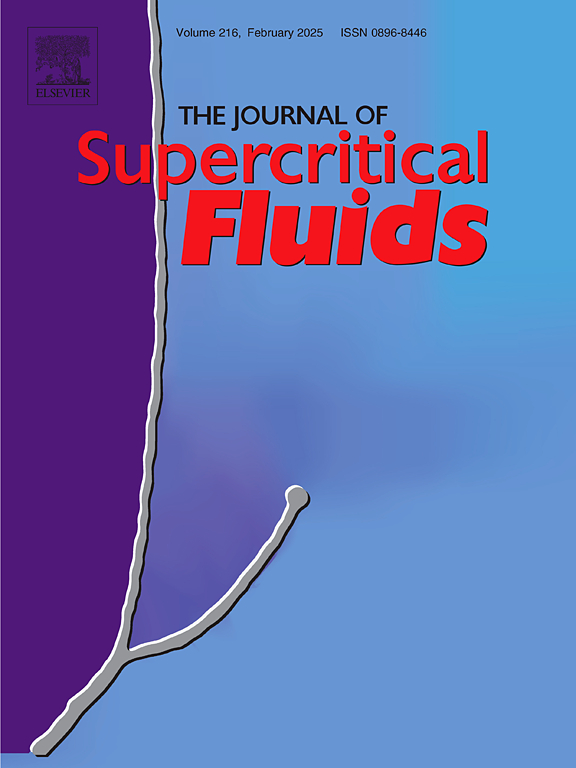Applications of ionic liquids in improving CO2 miscibility in crude oil for enhanced oil recovery and CO2 sequestration applications
IF 3.4
3区 工程技术
Q2 CHEMISTRY, PHYSICAL
引用次数: 0
Abstract
Innovation and sustainability are critical for maximizing reserves in the petroleum industry, especially in deep heavy oil reservoirs where traditional thermal EOR techniques often underperform. CO2-flooding offers a promising alternative, with its effectiveness dependent on achieving minimum miscibility pressure (MMP). Reducing MMP offers higher recovery factors while avoiding issues due to formation fracturing at high injection pressures. This study evaluates ionic liquids (ILs), 1-methyl-3-octylimidazolium chloride ([MOIM]Cl) and 1-decyl-3-methylimidazolium chloride ([DMIM]Cl), for lowering MMP in CO2-crude oil systems. Results showed [MOIM]Cl and [DMIM]Cl reduced MMP by 17 % and 13.5 %, outperforming n-butanol and non-ionic surfactants, which achieved 6 % and 9 % reductions, respectively. For extra heavy oil, [MOIM]Cl reduced MMP by 15.5 %. The ILs also lowered first contact miscibility pressure across crude oils with asphaltene content ranging from 6.4 to 36 wt%. These findings highlight ILs' potential to improve CO2 miscibility in heavy oil reservoirs, providing a sustainable solution for enhanced oil recovery.
求助全文
约1分钟内获得全文
求助全文
来源期刊

Journal of Supercritical Fluids
工程技术-工程:化工
CiteScore
7.60
自引率
10.30%
发文量
236
审稿时长
56 days
期刊介绍:
The Journal of Supercritical Fluids is an international journal devoted to the fundamental and applied aspects of supercritical fluids and processes. Its aim is to provide a focused platform for academic and industrial researchers to report their findings and to have ready access to the advances in this rapidly growing field. Its coverage is multidisciplinary and includes both basic and applied topics.
Thermodynamics and phase equilibria, reaction kinetics and rate processes, thermal and transport properties, and all topics related to processing such as separations (extraction, fractionation, purification, chromatography) nucleation and impregnation are within the scope. Accounts of specific engineering applications such as those encountered in food, fuel, natural products, minerals, pharmaceuticals and polymer industries are included. Topics related to high pressure equipment design, analytical techniques, sensors, and process control methodologies are also within the scope of the journal.
 求助内容:
求助内容: 应助结果提醒方式:
应助结果提醒方式:


